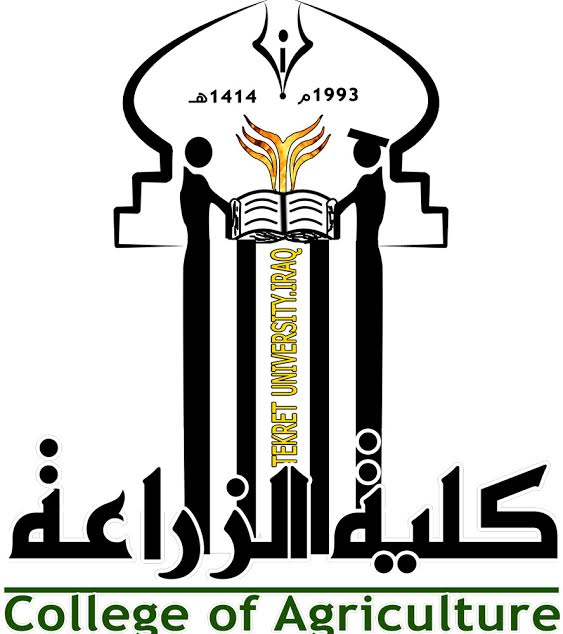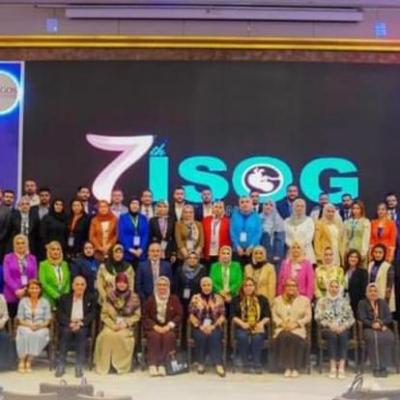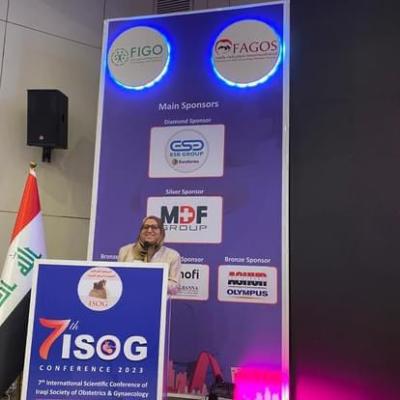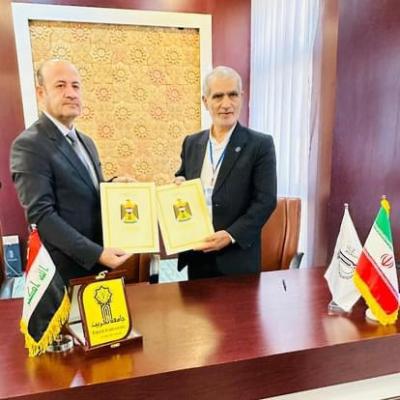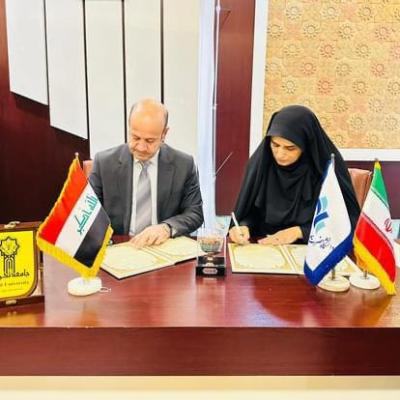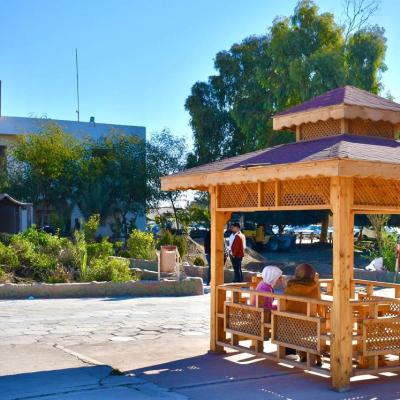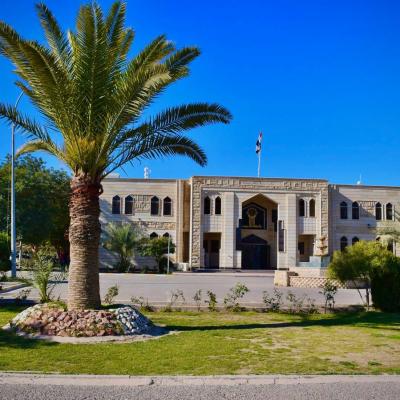Department of Field Crops
The Department of Field Crops was established in the academic year 2003–2004 with the aim of preparing scientifically qualified cadres in both general agricultural sciences and specialized fields related to field crop sciences. These include crop production, breeding and improvement, physiology, and technology. The department graduates specialists capable of fulfilling their academic and practical responsibilities in agricultural production as well as in scientific research.
The department offers a Bachelor’s degree in Field Crops for undergraduate students, and Master’s and Doctoral degrees for postgraduate students.
The department is equipped with three laboratories:
-
Field Crops Laboratory
-
Plant Diseases and Economic Insects Laboratory
-
Weeds and Weed Control Laboratory
In addition, the department has a 20-donum research station dedicated to conducting postgraduate research projects.
The scientific activities of the department are distributed among classrooms, laboratories, crop fields, and research projects. Faculty members are actively engaged in research and in supervising postgraduate students to advance knowledge and practice in the field of field crops.
Degrees Awarded by the Department
The Department of Field Crops grants a Bachelor’s degree in Agricultural Sciences / Field Crops for undergraduate studies.
It also offers Master’s, Doctoral, and Higher Diploma degrees in Agricultural Sciences / Field Crops for postgraduate studies.
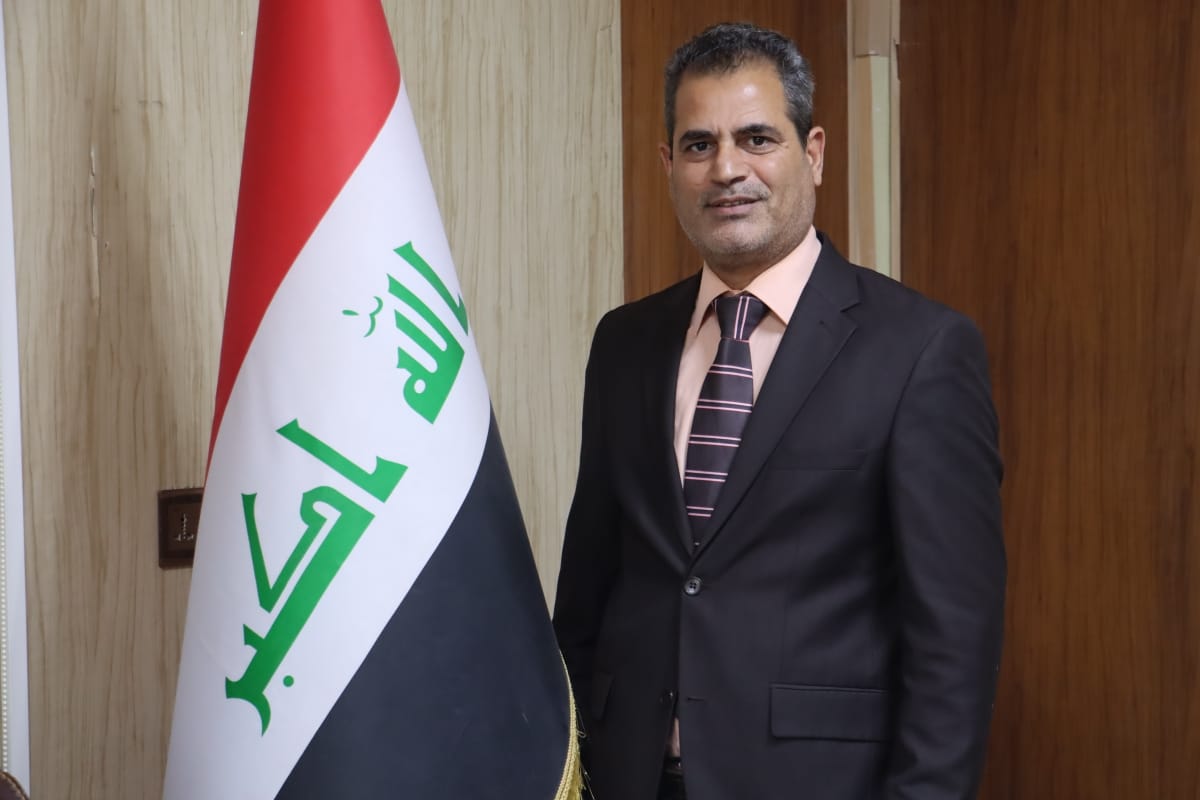
| No. | Full Name | Degree | Academic Title | General Specialization | Specific Specialization |
|---|---|---|---|---|---|
| 1 | Aqeel Najm Aboud Ahmed | Ph.D. | Professor | Field Crops | Medicinal Plants |
| 2 | Mohammed Ramadan Ahmed Al-Taif | Ph.D. | Professor | Field Crops | Weed Control |
| 3 | Hussein Ali Hindi Mohammed | Ph.D. | Assistant Professor | Field Crops | Crop Breeding |
| 4 | Dawood Salman Madib Mohammed | Ph.D. | Assistant Professor | Field Crops | Plant Breeding & Improvement |
| 5 | Atheer Saber Mustafa Abdullah | Ph.D. | Assistant Professor | Field Crops | Crop Production |
| 6 | Salah Hameed Jumaa Mashouh | Ph.D. | Assistant Professor | Field Crops | Crop Ecology |
| 7 | Omar Nizhan Ali Jumaa | Ph.D. | Assistant Professor | Field Crops | Cereal Crops |
| 8 | Firas Ahmed Daraj Ardeeni | Ph.D. | Assistant Professor | Field Crops | Crop Physiology |
| 9 | Ayman Ayoub Yass Khudair | M.Sc. | Lecturer | Field Crops | Field Crops |
| 10 | Hussam Mamdouh Hameed Asaad | Ph.D. | Assistant Professor | Field Crops | Crop Production |
| 11 | Abdullah Hassan Mohammed Khudhur | Ph.D. | Assistant Professor | Field Crops | Plant Tissue Culture |
| 12 | Luther Khalid Ahmed Faraj | Ph.D. | Assistant Professor | Field Crops | Crop Physiology |
| 13 | Noor Ali Hameed Mohammed | Ph.D. | Lecturer | Field Crops | Field Crops |
| 14 | Enas Ismail Mohammed Ismail | Ph.D. | Assistant Professor | Field Crops | Cereal Crop Production |
| 15 | Muthar Ismail Huwaidi Fayadh | Ph.D. | Assistant Professor | Field Crops | Seed Technology |
| 16 | Qatada Ibrahim Abdullah Issa | Ph.D. | Lecturer | Field Crops | Field Crops |
| 17 | Louay Nahar Mohammed Suleiman | Ph.D. | Lecturer | Field Crops | Field Crops |
| 18 | Yousif Abdulhameed Majeed | Ph.D. | Assistant Professor | Field Crops | Field Crops |
| 19 | Mohammed Jawad Kareem Ali | M.Sc. | Assistant Lecturer | Field Crops | Field Crops |
| 20 | Ammar Waddan Maseer Farhan | M.Sc. | Assistant Lecturer | Field Crops | Field Crops |
| 21 | Manal Ali Mar’i Hassan | M.Sc. | Assistant Lecturer | Field Crops | Field Crops |
| 22 | Afrah Abdulkarim Hassan | Ph.D. | Lecturer | Field Crops | Field Crops |
| 23 | Wissam Hameed Hussein Saleh | M.Sc. | Assistant Professor | Field Crops | Crop Production |
| 24 | Hiba Jumaa Mahmoud | Ph.D. | Lecturer | Field Crops | Field Crops |
| 25 | Abdullah Amer Saleh | M.Sc. | Assistant Lecturer | Field Crops | Field Crops |
| 26 | Amer Hassan Hussein | M.Sc. | Assistant Lecturer | Field Crops | Field Crops |
| 27 | Ahmed Mohammed Zaki Ibrahim | Ph.D. | Lecturer | Field Crops | Field Crops |
| 28 | Ghada Saad Saleh | M.Sc. | Assistant Lecturer | Chemistry | Chemistry |
| 29 | Miad Turki Nada | M.Sc. | Assistant Lecturer | Field Crops | Field Crops |
The Department of Field Crops aspires to be a distinguished and pioneering academic and research center at both the national and regional levels in the fields of field crop production and improvement. This will be achieved through adopting quality education, developing applied scientific research that contributes to food security and sustainable agricultural development, and moving toward the application of modern technologies.
These include the integration of smart agriculture programs, genetic engineering, and biotechnology techniques to ensure alignment with climate change challenges and the labor market requirements for the department’s graduates.
